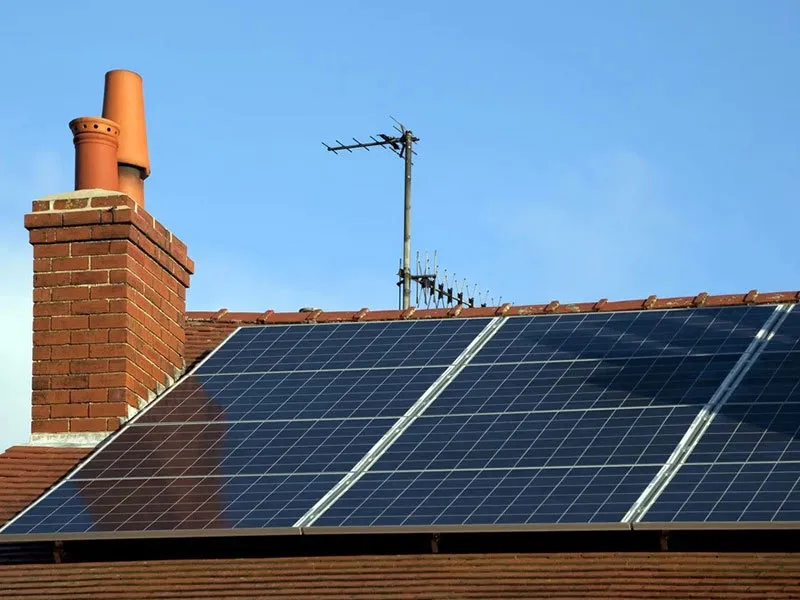3 phase hybrid inverter
Understanding 3-Phase Hybrid Inverters A Comprehensive Overview
In recent years, the demand for efficient and sustainable energy solutions has soared, particularly as businesses and residential consumers seek to reduce their carbon footprints and energy costs. Among the various technological advancements in this domain, the 3-phase hybrid inverter stands out as a pivotal innovation. This article explores the functionality, advantages, and applications of 3-phase hybrid inverters, shedding light on their role in modern energy systems.
What is a 3-Phase Hybrid Inverter?
A 3-phase hybrid inverter is a sophisticated device that converts direct current (DC) from renewable energy sources—such as solar panels or wind turbines—into alternating current (AC), which can be utilized in homes and businesses. The term hybrid indicates that these inverters can simultaneously manage power from both renewable energy sources and traditional electricity grids, providing enhanced flexibility in energy management.
3-phase systems, consisting of three separate electrical currents that operate in sync, are predominantly used in industrial applications and larger residential setups. These systems offer several advantages over single-phase systems, including reduced load on each phase, improved efficiency, and more consistent power supply.
Key Features and Benefits
1. Grid Independence One of the primary advantages of a 3-phase hybrid inverter is its ability to operate independently of the grid. During power outages or grid failures, the inverter can seamlessly switch to battery power, ensuring that critical loads continue to receive electricity.
2. Energy Storage Integration Hybrid inverters can connect to battery storage systems, allowing users to store excess energy generated during the day for night-time use or during peak demand periods. This capability maximizes energy self-consumption and offers significant savings on energy bills.
3. Enhanced Efficiency These inverters are designed to optimize the energy conversion process, enabling users to benefit from higher efficiency rates compared to traditional inverters. Enhanced efficiency translates to increased energy production and reduced operational costs.
3 phase hybrid inverter

4. Scalability 3-phase hybrid inverters can be easily scaled to meet the energy needs of various applications. Whether for small businesses or large industrial facilities, these inverters can handle varied loads and adapt to growing energy demands without significant system overhauls.
5. Smart Grid Compatibility Many modern 3-phase hybrid inverters are equipped with features that make them compatible with smart grid technologies. This allows for real-time energy monitoring, remote control, and better overall system management.
Applications of 3-Phase Hybrid Inverters
The versatility of 3-phase hybrid inverters makes them suitable for a range of applications
- Industrial Use Factories and manufacturing plants often rely on 3-phase power systems due to their high power needs. Hybrid inverters can optimize energy usage and ensure a continuous power supply, even during outages.
- Commercial Buildings Retail spaces, office buildings, and large facilities benefit from these inverters by reducing energy costs and enhancing sustainability initiatives.
- Residential Homes While mainly suited for larger residential systems, hybrid inverters are becoming increasingly popular among homeowners who wish to harness solar energy more effectively and maintain power during outages.
Conclusion
In a world striving for energy efficiency and sustainability, 3-phase hybrid inverters represent a crucial step towards achieving these goals. Their ability to manage renewable energy sources, integrate with battery storage, and provide grid independence makes them invaluable for both commercial and industrial applications. As technology progresses and renewable energy sources become more prevalent, the role of 3-phase hybrid inverters is expected to expand, contributing significantly to a cleaner, more resilient energy future. With their numerous advantages, these systems are becoming indispensable tools for energy-conscious consumers looking to optimize their power usage while minimizing their environmental impact.
-
String Solar Inverter: The High-Efficiency Solution for Smart Solar EnergyNewsJul.14,2025
-
Revolutionizing Rooftop Energy with the Power of the Micro Solar InverterNewsJul.14,2025
-
Power Independence with Smart Off Grid Solar Inverter SolutionsNewsJul.14,2025
-
On Grid Solar Inverter: Powering the Future with Smart Grid IntegrationNewsJul.14,2025
-
Monocrystalline Solar Panels: High-Efficiency Power for the Future of Clean EnergyNewsJul.14,2025
-
Bifacial Solar Panel: A Smarter Investment for Next-Generation Energy SystemsNewsJul.14,2025







